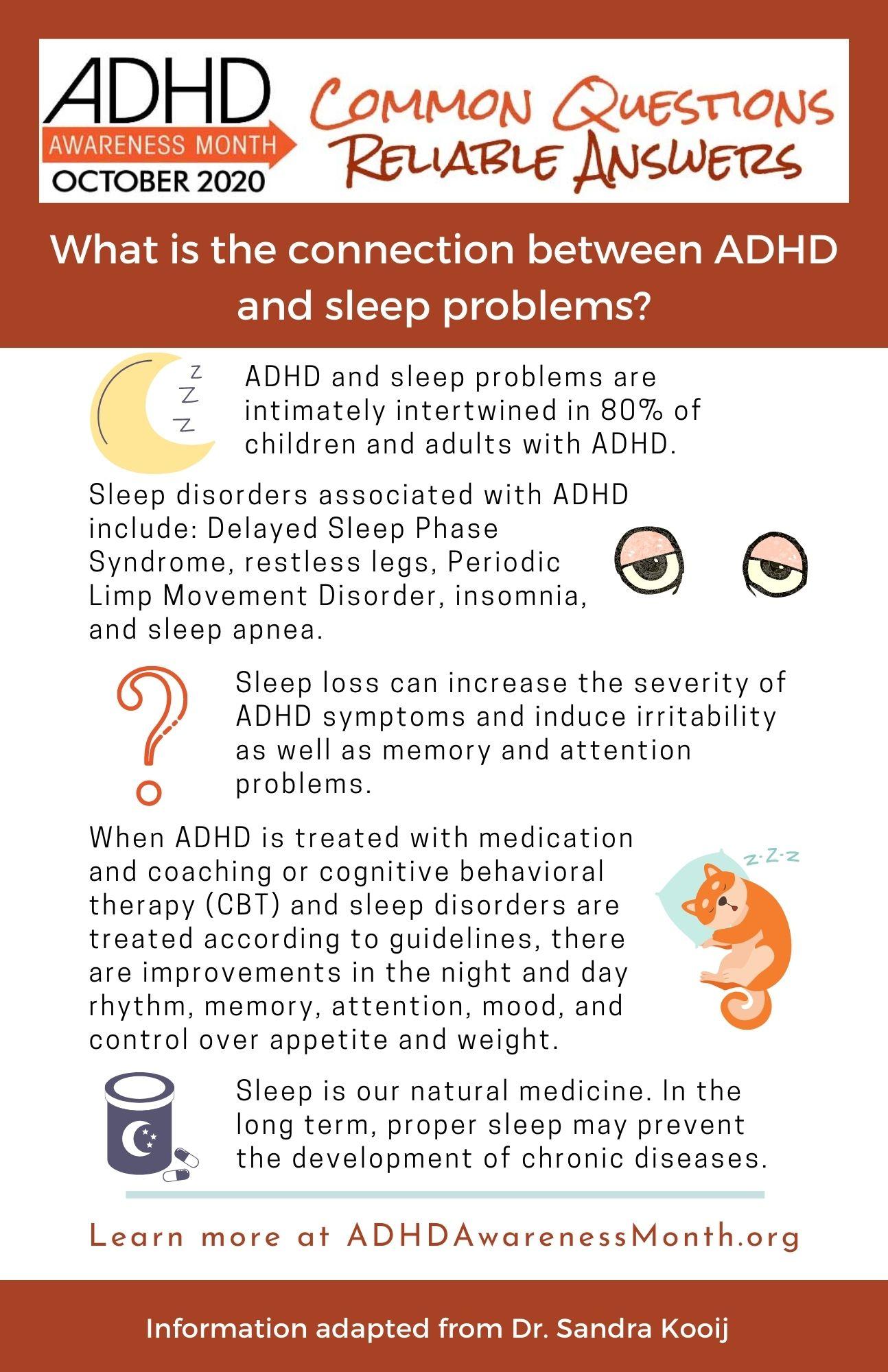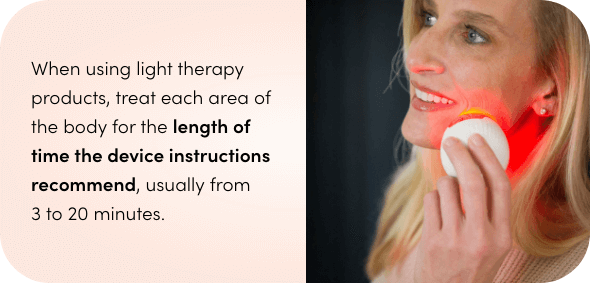Can ADHD Cause Insomnia?
Among adults with ADHD, a high percentage of patients report insomnia. In addition to having sleep problems, people with ADHD are at an increased risk of experiencing negative health outcomes, such as increased use of healthcare services and depression. Fortunately, there are several ways to improve the quality of sleep. Some of these strategies include meditation, exercise, and a diet that is free of caffeine and sugar. Others involve avoiding electronic devices, maintaining a regular bedtime, and eliminating other possible causes of insomnia.
While there are several reasons why individuals with ADHD have trouble sleeping, one of the most common reasons is a lack of attention. In the evening, individuals with ADHD may experience racing thoughts, bursts of energy, and irritability. They may also have difficulty paying attention and being patient. However, the condition can be treated without the use of medications. If you have difficulty falling asleep, it is important to seek help. Other factors such as stress, anxiety, and mood disorders can also interfere with your ability to sleep.
Another factor that can interfere with sleep is ADHD medication. It is important to read the labels of your medications to determine how they affect your sleep. It is also important to ask your doctor about any adjustments to your medication schedule. Many ADHD medications are stimulants, which can cause your brain to work more actively during the night. It is important to take your medication as early as possible to minimize the impact of the drug on your sleep.
In a study of 252 adults with ADHD, approximately half of the participants reported symptoms of insomnia. Interestingly, people who had symptoms of hyperactivity or impulsivity, inattention, and combined presentation of ADHD were more likely to have insomnia than those who only had symptoms of hyperactivity or impulsivity. This finding was supported by a longitudinal analysis of the effects of ADHD on sleep in a group of children. The findings indicated that sleep problems decreased as ADHD symptoms improved.
Research also shows that individuals with ADHD have a higher incidence of sleep problems than non-ADHD patients. In fact, up to 10% of adults have chronic insomnia. This may be due to a neurotransmitter imbalance. In addition, insomnia is also associated with other health conditions, including post-traumatic stress disorder, substance abuse, and mood disorders. Insomnia may be related to a delayed circadian rhythm, which is the body’s natural clock.
There are clinical trials for insomnia, which are designed to test new approaches and cures. You may also want to consider participating in a behavioral therapy program for insomnia. A behavioral program is designed to help individuals overcome insomnia through techniques such as guided imagery, meditation, and biofeedback. These methods work by improving the mind’s ability to relax.
Other possible causes of insomnia include mood disorders, substance abuse, and other physical ailments. The best way to get a better idea of whether you or your child has ADHD is to consult a pediatrician. Your pediatrician will be able to diagnose sleep disorders and prescribe the appropriate treatment.







